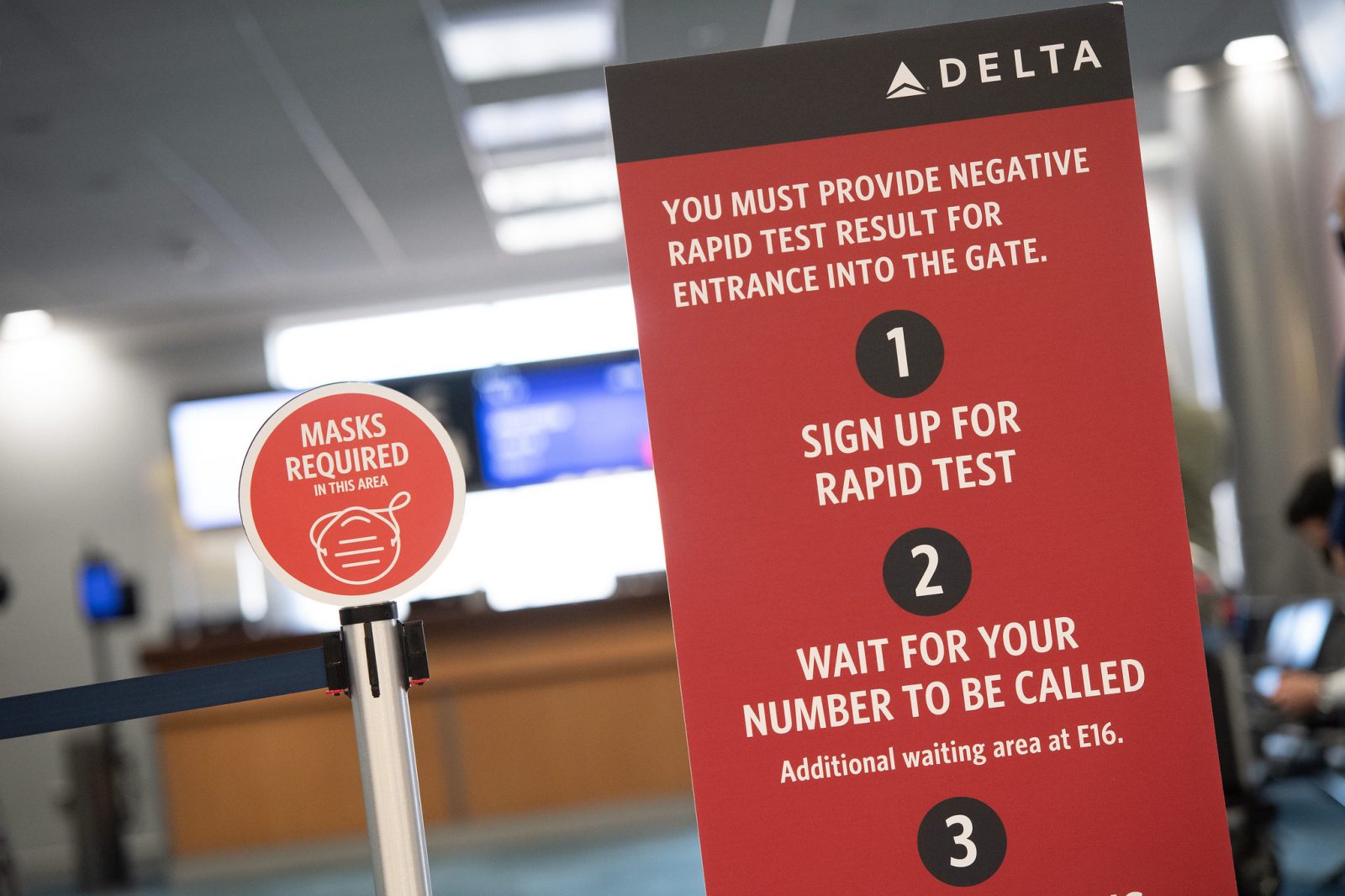
Beginning January 26, all airline passengers over the age of two arriving in the United States from an international destination will need to show proof of a negative COVID-19 test dated within 72-hours of travel. The measure was announced by the Centers for Disease Control and Prevention (CDC) on Tuesday in an attempt to slow the spread of new highly transmissible variants of the novel Coronavirus while the United States deals with its own “surge” of infections.
The measure is the furthest that the U.S. has gone in attempting to prevent the importation of COVID-19 by travelers despite high-profile travel bans on foreigners who have been in Europe, the UK and Brazil in the 14-days before travel. The ban also includes China despite the fact that COVID-19 has largely been eliminated in the country.
But while most travelers will now need to get a pre-departure test in order to even get onboard a plane bound for the United States, there is one notable exemption. Travelers who can prove they’ve been infected with COVID-19 within the last three months won’t need to take test.
While there is evidence that in rare cases someone previously infected with COVID-19 can catch the virus again, the CDC says it doesn’t recommend testing someone who has recovered within the last three months and who remains asymptomatic. Only if a previously infected person shows symptoms should they then be retested, CDC guidance continues.
To make use of this exemption, travelers will have to provide proof of a positive result in a signed letter on official letterhead that contains the name, address and phone number of a healthcare provider or public health official that also clears the passenger for travel.
Also excluded from mandatory testing are airline crew members, federal law enforcement and U.S. military personnel and airlines that are specifically carrying passengers who have COVID-19 (and have received authorization from the CDC to do so).
Some airlines may also be granted an exemption for certain destinations where pre-departure testing is hard to come by (although no exemptions have yet been announced).
But while passengers who have had COVID-19 are exempt from pre-departure testing, someone who has received the vaccine won’t be exempt. The CDC didn’t say why there wasn’t an exemption for someone who’s been inoculated but there’s still a lack of evidence as to whether vaccination can prevent transmission of the virus.
Abu Dhabi in the United Arab Emirates, however, has started to allow passengers with proof of vaccination to enter the emirate without proof of a negative test. Passengers must have received both doses of the vaccine through the UAE’s own vaccination drive to be eligible for the exemption.
Mateusz Maszczynski honed his skills as an international flight attendant at the most prominent airline in the Middle East and has been flying ever since... most recently for a well known European airline. Matt is passionate about the aviation industry and has become an expert in passenger experience and human-centric stories. Always keeping an ear close to the ground, Matt's industry insights, analysis and news coverage is frequently relied upon by some of the biggest names in journalism.







